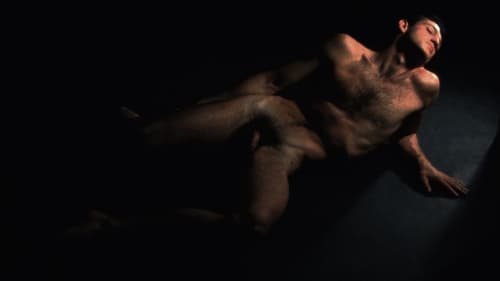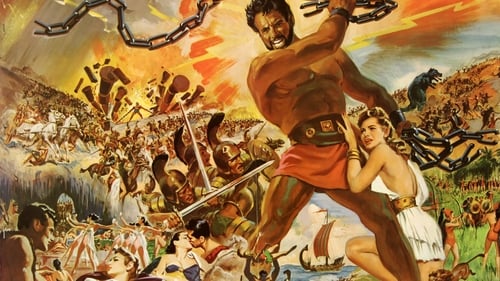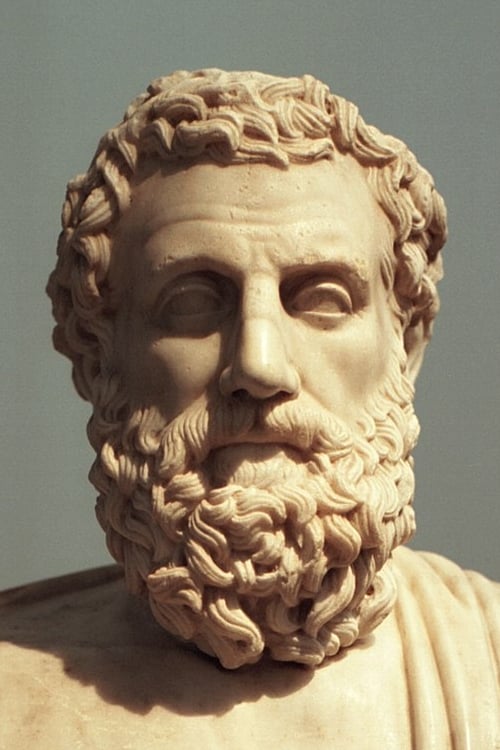Aeschylus
Historia
Aeschylus was an ancient Greek tragedian. He is also the first whose plays still survive; the others are Sophocles and Euripides. He is often described as the father of tragedy: critics and scholars' knowledge of the genre begins with his work, and understanding of earlier tragedies is largely based on inferences from his surviving plays, According to Aristotle, he expanded the number of characters in plays to allow conflict among them whereas characters previously had interacted only with the chorus.

Writer
The Oresteia is a trilogy of Greek tragedies written by Aeschylus in the 5th century BC, concerning the murder of Agamemnon by Clytemnestra, the murder of Clytemnestra by Orestes, the trial of Orestes, the end of the curse on the House of Atreus and the pacification of the Erinyes. The trilogy—consisting of Agamemnon, The Libation Bearers, and The Eumenides—also shows how the Greek gods interacted with the characters and influenced their decisions pertaining to events and disputes. The only extant example of an ancient Greek theatre trilogy, the Oresteia won first prize at the Dionysia festival in 458 BC. The principal themes of the trilogy include the contrast between revenge and justice, as well as the transition from personal vendetta to organized litigation. Oresteia originally included a satyr play, Proteus, following the tragic trilogy, but all except a single line of Proteus has been lost.

Story
The Titan Prometheus is punished by Zeus for attempting to steal fire for humankind.

Theatre Play
The Titan Prometheus is punished by Zeus for attempting to steal fire for humankind.

Writer
An experimental film that ventures a post-modern take on the tragedy of Aeschylus’ Prometheus Bound.

Writer
Agamemnon returns home from the Trojan war and is murdered by his wife, setting off a chain of revenge that stretches across this trilogy of play. Directed by Peter Brook for the National Theatre, this is an all-male performance with masks.

Writer
A speculation on power, using the film image to experiment with and explore a combination of elements, such as eastern philosophy, pop culture and music. Based on Aeschylus "Prometheus Bound"

Story
Maria works in a German umbrella factory as the foreman of the production sector. João Lucas has given up on living a normal life and practically lives in bed, in the midst of green plants. His father expressly desired that his son film this eccentric daily life in 8 mm format. Maria’s wages are dilapidated to the last penny by this amateur, monstrous, family movie production.

Story
Prometheus, on an Odyssean journey, crosses the Brooklyn Bridge in search of the characters of his imagination. After meeting the Muse, he proceeds to the "forest." There, under an apple tree, he communes with his selves, represented by celebrated personages from the New York "underground scene" who appear as modern correlatives to the figures of Greek mythology. The filmmaker, who narrates the situations with a translation of Aeschylus' Prometheus Bound , finds the personalities of his characters to have a timeless universality.

Writer
Les Perses (The Persians) is a French TV movie adaptation of Aeschylus' oldest known tragedy, Πέρσαι (Persai). It was originally broadcasted in October 31, 1961. The play deals with the aftermath of the Persian defeat in the battle of Salamis (480 BC), which makes it the only Greek tragedy that deals with a real historical event.

Theatre Play
Este filme ubica al héroe legendario Hércules junto al príncipe Ulises, en ruta a Tebas para cumplir una importante misión diplomática. En un descanso, Hércules bebe de cierto manantial que le hace perder la memoria. En tal situación cae en manos de los soldados de la pérfida Reina de Lidia, que convierte al musculoso semidios en su amante rey. Pero Ulises intenta con ingenio hacer que Hércules recuerde su misión y auténtica identidad. Esta pobre anécdota central se amplia con una feroz lucha inicial entre Hércules y el gigante Anteo, con las luchas intestinas entre los sanguinarios hijos de Edipo, cada uno al mando de una facción opuesta, los peligros mortales de Iole, la esposa de Hércules y la expedición de Creón para rescatar al protagonista.




